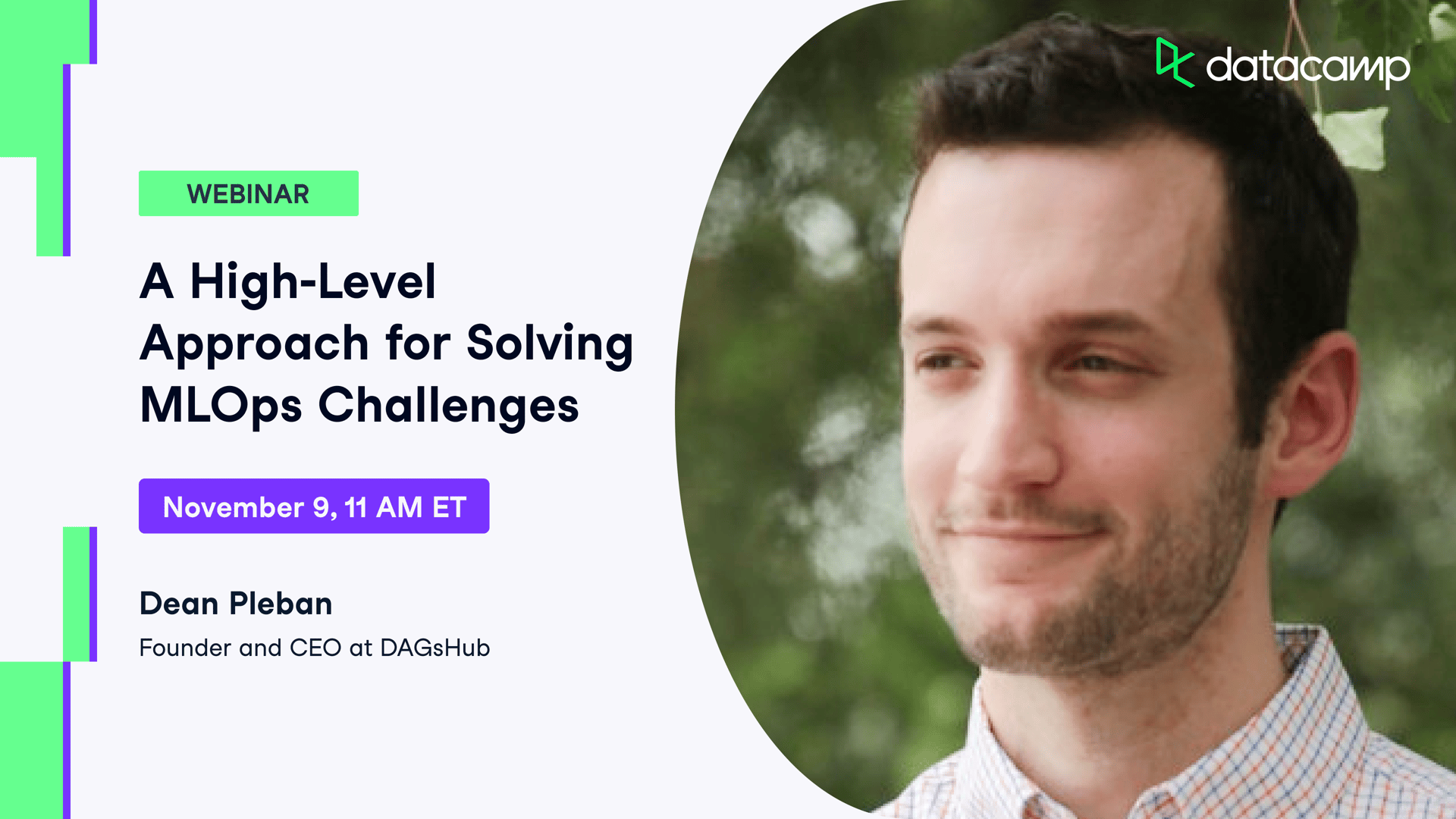Skip to main content





Related
webinar
A Practical Guide to MLOps
Learn how to begin your MLOps journey in your organizationwebinar
How MLOps Empowers Data Teams
Learn what MLOps is and what are the tools, techniques, and challenges involved.webinar
Building Operationalization Capabilities with DataCamp's MLOps Curriculum
In this insightful webinar, we will introduce you to DataCamp's comprehensive MLOps Curriculum designed for data leaders, practitioners, and enthusiasts alike.webinar
Best Practices for Putting LLMs into Production
The webinar aims to provide a comprehensive overview of the challenges and best practices associated with deploying Large Language Models into production environments, with a particular focus on leveraging GPU resources efficiently.webinar
What Managers Need To Know About Machine Learning
Get real-world examples of how machine learning applies to business problems.webinar
Empowering Data Teams: How to Approach Upskilling and Continuous Learning
During this webinar, we delve into the challenges of upskilling data teams and provide actionable insights on how to approach it systematically.Join 5000+ companies and 80% of the Fortune 1000 who use DataCamp to upskill their teams.
Loved by thousands of companies

